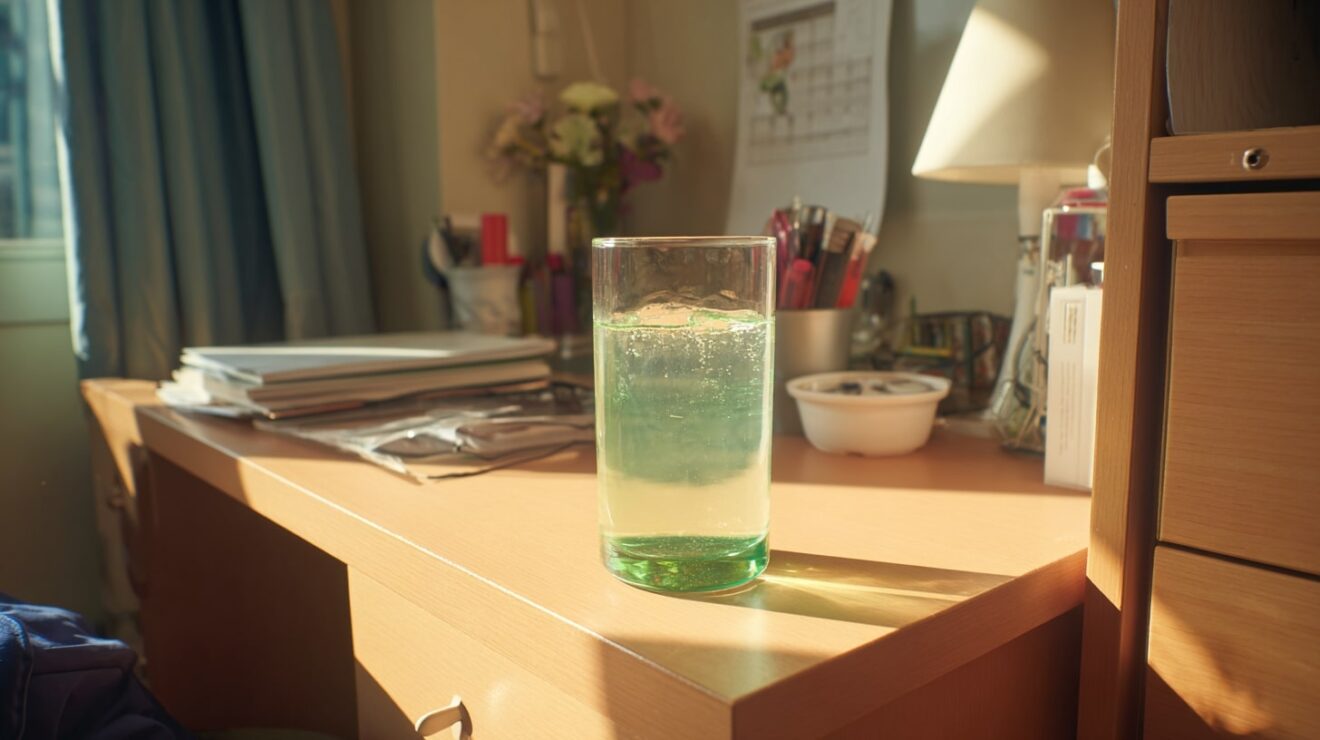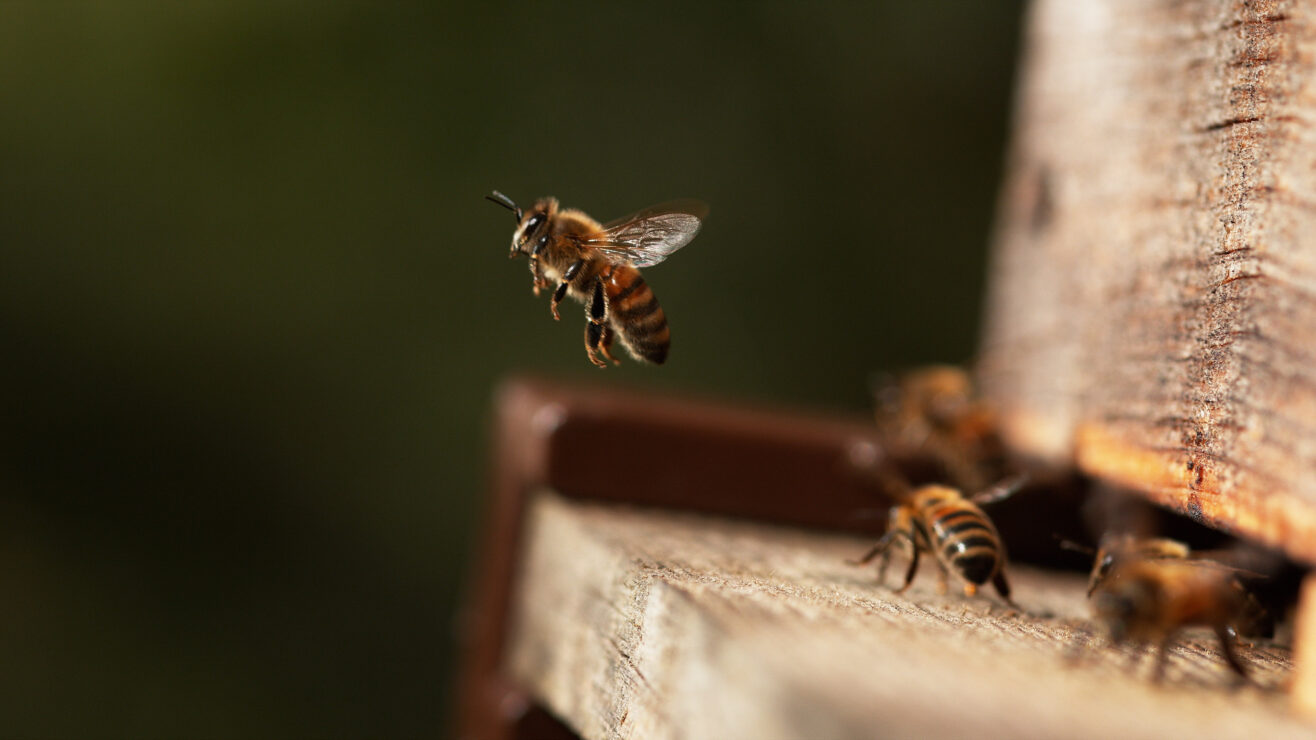Zoom has cast a more searching light on academia than REF, TEF, and KEF – as we all take a close look at our colleagues’ bookshelves.
How well read are they really? Is that the book of my academic nemesis in centre stage? Is that really a well-thumbed Dan Brown? The Twitter account Bookcase Credibility (@BCredibility) has deconstructed numerous public figures, serving up aesthetic and psychological pen portraits of talking heads and their books, that have brought some cheer and also insight in these grim times.
These, though, are private, personal libraries – even if they are now in a form of public view. Another crucial insight of the crisis has been the centrality of libraries in higher education. Often considered a Cinderella service in normal times, beavering away in academia’s basement, keeping up with innumerable electronic resources subscriptions and occasion serving up a selection of texts above stairs.
When that umbilical cord looked to be cut, suddenly the reliance on the library by undergraduates, postgraduates and academics – its spaces, its services, its books and journals – became starkly apparent.
Wash your hands of it
Whether libraries should be closed and at what point exercised many minds in March, as it became apparent that the existing policy of supposed British exceptionalism and handwashing wasn’t going to keep the coronavirus at bay.
For a hectic few days, contingency plans were dusted off and updated, thousands of copies of materials were made for students and staff within the terms of CLA licencing arrangements, and buildings and collections were secured for an indefinite period. And now library buildings, almost without exception, are closed across the UK.
But the libraries, it must be stressed, are still open. Librarians, archivists, IT, scholarly communications and academic engagement staff are still at work, collaborating on Zoom and Microsoft Teams, staffing online enquiry desks, helping students and staff, liaising with suppliers and arranging access to additional digital resources where possible. For most librarians, like many HE colleagues, the past few weeks have been busier than ever, at a moment of anxiety-inducing national challenge and personal difficulty.
Libraries have responded in many different ways, playing to different institution’s strengths. The Cambridge University Library, for example, quickly organised an online documentation project, asking participants to submit their experience of the city and university during the crisis. Libraries blessed with strong special collections, and who have invested over the years in digitisation, are able to share highlights of their collections, or even online galleries and exhibitions. Social media, which many libraries are adept at using, has also come to the fore, offering a chance to connect to readers and researchers. Libraries lamented their separation from their books, while also revealing their human side, such as the University of Exeter library when they signed off Twitter, exhausted, before the Easter weekend break.
At the School of Advanced Study, University of London – which supports humanities research across the UK – the libraries have responded to the crisis in a number of ways. Like other libraries, they have extended renewal dates, sought out increased access to e-resources through trials of online content or links to the expanded collections of content released by some publishers to their contents.
Online enquiry and webchats were quickly expanded, offering advice and help with research from librarians working from home. Before the buildings were closed, librarians rapidly arranged for special loans of material, scanned or photocopied materials for researchers across the UK that were out of copyright or within the terms of the CLA licencing agreement.
Phenomenal work
Once the buildings were closed, the librarians noticed an online phenomenon of academics creating lists of links on Twitter or Google Docs of their favourite online archive or collection. Librarians across the land were updating their LibGuides with collections of resources, and organisation such Jisc and Scounul developed live lists of publishers offering their customers (and sometimes the public at large) expanded gratis content.
The Institute of Historical Research (IHR), one of the constituent members of the School, was also approached by several organisations, including the Social History Society, which highlighted the urgent need to help master’s students in particular, who were supposed to be researching and writing their dissertations, but who had been suddenly cut off from their source materials in libraries and archives.
There were many potential resources and guides out there, but a carefully curated, calm space to find freely accessible materials, regardless of institutional affiliation and even (especially?) for those with none. In response, the libraries of the IHR, the Institute for Advanced Legal Studies (IALS), and Classical Studies produced a set of guides to freely available primary and secondary online sourced.
These were greatly assisted to appeals to scholarly societies, librarians, academics and other on social media to send in their suggestions. The response has been a generous sharing of resources, from hidden gems among national libraries and archives to specialist research projects, which only a very adept Google search would uncover. The other Institutes of the School are also preparing new or updating their own existing guides.
In addition, the IHR has opened up the premium sections of the British History Online, making available key digitised resources, such as sections of the State Papers, helping to make texts available to all wishing to do historical research. IALS is expanding its range of podcasts, and the IHR has moved its popular ‘Shut Up and Write!’ sessions onto Zoom, with the last session bringing together researchers across the UK, and in Florence, Paris and from a canal boat in Amsterdam for two hours of supportive, scholarly writing.
Libraries will return to their buildings. The planning for this is underway already, with a new mailing list created among UK librarians, sharing best practice, scientific advice on decontamination and conservation, and the principles that will protect and reassure staff and readers. It is to be hoped that the new connections and collaborations will continue to flourish, as well as the profile of libraries, as one of the essential components of higher education.













